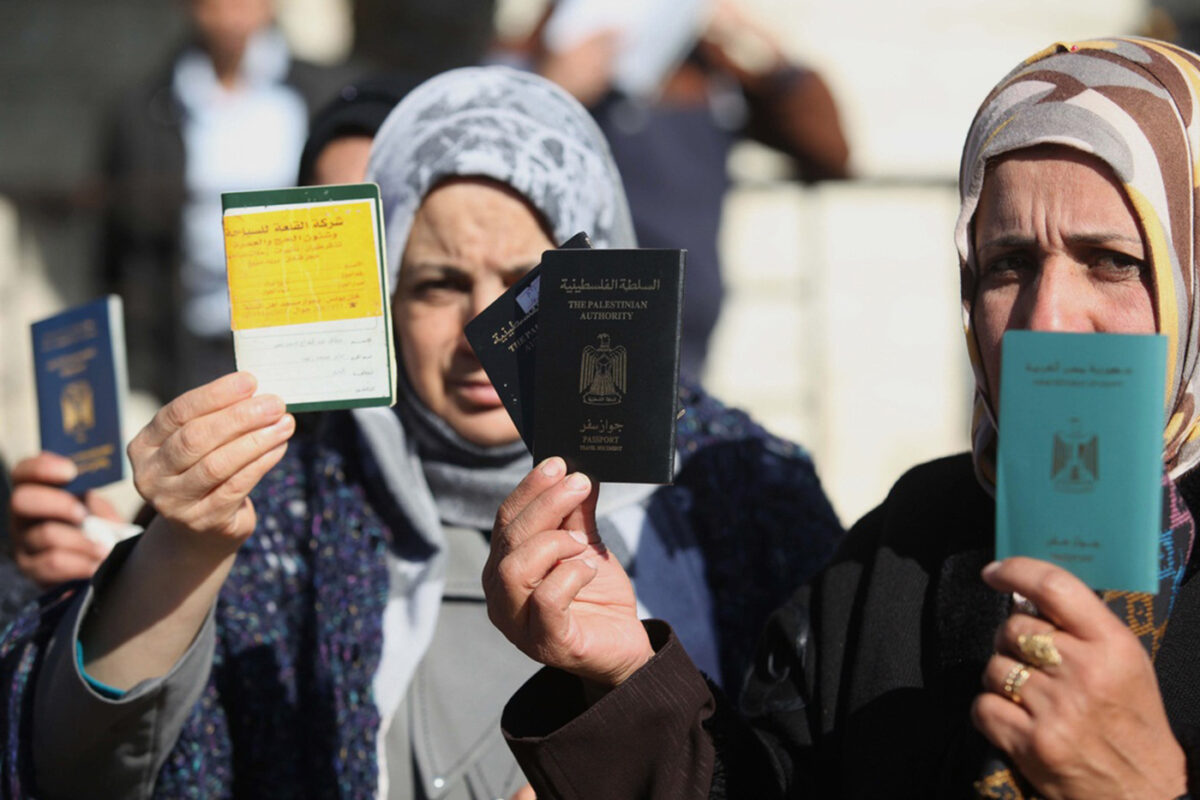The quest for human rights is an ongoing battle, and one of the areas where this fight is particularly poignant is in the plight of stateless Palestinians residing in Kuwait. A recent human rights report sheds light on the challenges they face, highlighting issues ranging from residency status to access to basic services and employment opportunities.
Kuwait, despite its engagement with humanitarian organizations, notably the United Nations Relief and Works Agency for Palestine Refugees in the Near East (UNRWA) and the United Nations High Commissioner for Refugees (UNHCR), lacks a concrete legal framework for asylum proceedings and defining refugees. This absence leads to arbitrary implementation of non-refoulement policies, posing a threat to the security and stability of stateless Palestinians.
To reside in Kuwait, Palestinians are required to obtain a valid work permit and a sponsor. The kafala system, tying legal residence to an employer, exacerbates vulnerabilities, as it leaves individuals at the mercy of their sponsors and susceptible to exploitation and abuse.
While recent measures have aimed to treat Palestinians on par with other Arab residents, hurdles remain in sponsoring family members. Increased minimum salary requirements pose significant challenges, particularly for those in lower-income brackets, limiting their ability to reunite with loved ones. Moreover, discrimination permeates various facets of daily life, from employment to access to healthcare and education. Palestinians with work visas are denied access to public services, compelling them to rely on costly private alternatives.
Despite recent strides, such as the lifting of a ban on hiring Palestinian teachers, significant disparities persist. Salary disputes and reductions in benefits underscore the ongoing struggles faced by Palestinian educators. Discriminatory practices in employment hinder opportunities for career advancement and economic stability.
The plight of Palestinian refugees in Gulf countries, particularly Kuwait, remains a matter of concern, especially for those whose residency status is no longer valid. Reports from various sources shed light on the challenges faced by these individuals, including the risk of detention and deportation by local authorities. According to the US Country Reports, there were instances of mass deportations of foreign workers for violating residency laws or minor legal infractions. In Kuwait, surprise raids conducted by the Ministry of Interior resulted in the detention and subsequent deportation of numerous foreign workers found in violation of various laws, including residency regulations and petty crimes.
Moreover, the legal framework in place poses additional hurdles for non-citizens, including Palestinian refugees, who find themselves in such situations. The lack of access to judicial review for questions related to residency status or citizenship leaves many individuals vulnerable to administrative deportations without recourse to challenge these decisions in court.
The role of sponsors, known as “kafeel,” further complicates the situation. If a sponsor ceases to guarantee an individual’s residency, it often leads to expulsion from the country. This aspect of the sponsorship system can leave individuals at the mercy of their sponsors’ whims, with little protection or legal recourse. Instances of abuse of the sponsorship system by fake companies add to the challenges faced by foreign workers, including Palestinian refugees. Human traffickers exploit loopholes in labor laws, bringing individuals to the country under false pretenses or without genuine job prospects, leading to their exploitation and eventual deportation.
The situation underscores the need for comprehensive reform of labor and immigration policies to ensure the rights and protection of all individuals, regardless of their nationality or residency status. Addressing the root causes of exploitation and abuse, as well as providing avenues for legal recourse and protection, is essential to safeguarding the rights and dignity of Palestinian refugees and other vulnerable populations in Kuwait and beyond. In conclusion, the human rights report paints a complex picture of the challenges faced by stateless Palestinians in Kuwait. While recent reforms indicate progress, significant gaps persist in ensuring fundamental rights and protections. Addressing these issues requires concerted efforts from both local authorities and the international community to uphold the dignity and rights of all individuals, irrespective of their legal status or nationality.

